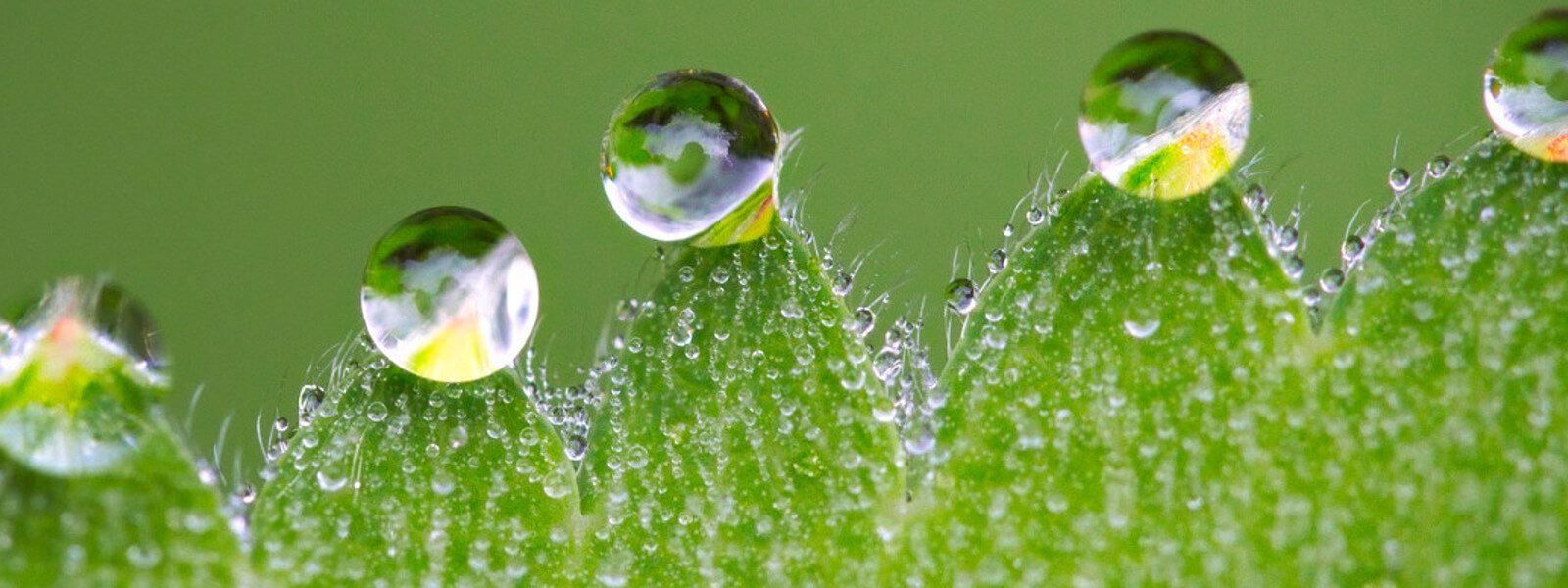In this post I am exploring the differences between attachment and detachment. I am covering two different facets of clinging and three ways to detach. This will hopefully help you to understand the practice of meditation in the context of letting go and release in a clear and concise way.
Attachment
So what is attachment? It is a state that acts as a “source and means for keeping an active process energized”. We attach to things, people and time in order to nourish and maintain the apparent source of our happiness. The function of it is to fuel what we see as a cause of happiness. But it is not only limited to what we perceive as pleasant. We also often subconsciously attach to old habit-patterns or even suffering and stress. This is in order to keep experiences alive that we are used to – experiences that feel like home to our subconscious mind.
We can attach or cling to external and to internal circumstances. I might identify various things or people as the true source of happiness, pleasure an comfort. Finally I proceed to “consume” the source until it either changes or vanishes. A good example is a relationship in which the husband “loves” (likes very very very much) his wife because of her features. She’s intelligent, beautiful and funny. He likes all these attributes and consumes them as often as he can. He wants to be around her, smell her, touch her, listen to her, see her because he sees these things as a cause of his comfort and his happiness.
We can also attach to inner things such as ideas, political opinions, views, dogmas and perceptions of ourselves and others. Such a clinging leads to the infinite variations of problems and complications that we are experiencing in this world on a daily basis. The characteristic of this attachment is that it appears as “true” and “worthwhile”. Just like a gambler, that thinks his investments are worthwhile and true. He would thus defend his harmful habit at all costs.
Detachment
Detachment arises not because we decide to detach. It arises upon thorough comprehension of suffering/stress and it’s cause. When our gambler finally understands that gambling leads to his ruin he might detach from this habit. He drops it, abandons it, releases it and puts it down. In a similar way, the husband would abandon the idea that it’s his wife’s responsibility to fulfill him and make him happy. he can then detach from this perception and liberate his wife from his demands and expectations. Detachment has nothing to do with indifference or carelessness. Upon seeing that indifference is not worthwhile holding on to we abandon it naturally. We just let it go.
Detaching from external things does not mean that we get rid of them. We simply comprehend that it’s not things or other people that can really make us happy in a reliable way. That leads to a natural state of letting go. We see that we alone are responsible for our well-being – not things and people around us. This is very empowering and uplifting. Through letting go we become more free and relaxed in may ways. Not operating from a state of perceived lack or fear we are free to live our life with ease.
Detaching from internal things is the same. I clearly see that thinking, believing, fabricating and concocting various views, opinions and perceptions is not going to give rise to true happiness. So I let go of all that stuff. I leave it because it’s not worth my while. I free myself from the prison of thought, emotion and confusion. That way I can soar above it, liberated and at ease. I can still use my thoughts, opinions and emotions as tools when I need them – but the tools don’t use me anymore.
Attaching and Detaching
It is very important to understand that we can either attach to skillful or to unskillful things. Attaching to unskillful things we are like an alcoholic or a gambler. We mistake an external poison for the cause of real happiness. When you are hungry and see a plate of your favorite food before you it might tempt you into eating it. If you understand that the food is actually rotten and leads to heavy food poisoning you will naturally detach from the food and any idea that it will nourish you well. Instead you would probably seek out healthy food to nourish body and mind, right?
We can therefore discern two types of attachment. One is skillful. It leads to a “life well lived”. The other is unskillful. It leads to a life filled with pain, misery, conflict and stress. So make sure to attach to the right things. First of all, these are things that are a cause for good health, happiness and comfort as well as relative safety and a good structure in life. Then there are things like meditation practice that lead to even deeper states of fulfillment and ease. Attach to your meditation practice – it’s very skillful.
Finally, if you attach to the right methods consistently, they will lead to complete freedom and realization. Just like someone who is drowning should attach to a boat in order to get to safety, we should attach to the right practice in order to find true peace. Waves offer no shelter, we can’t hold on to them and we can’t get rid of them. Upon realizing this we detach properly.


Thank you for this insightful article, Tobi. Your exploration of attachment and detachment offers a profound perspective on how our clinging—whether to external pleasures or internal narratives—can perpetuate suffering. The analogy of the gambler defending his harmful habit resonates deeply, illustrating how we often mistake familiar patterns for genuine happiness